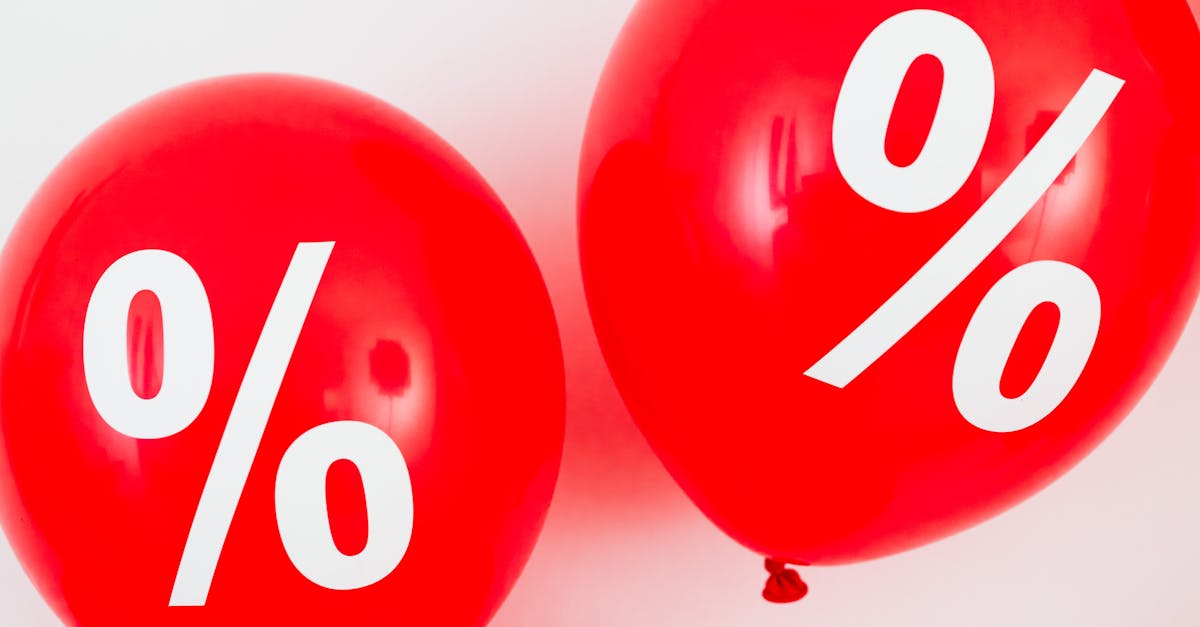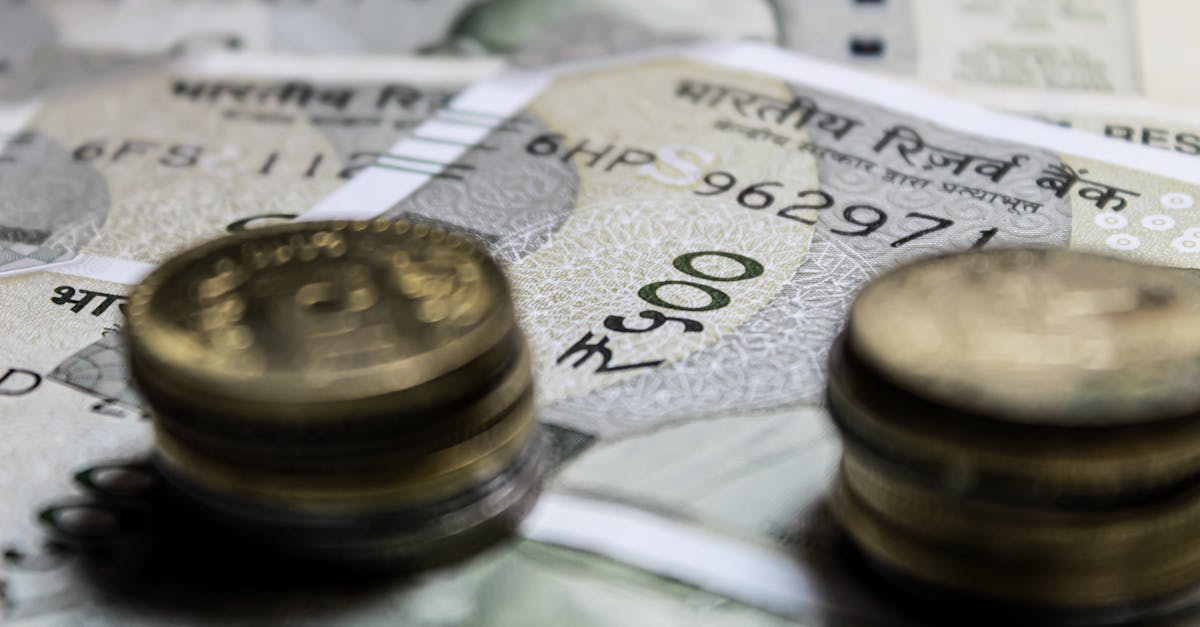
Introduction
Interest rate hikes are a vital tool used by central banks to influence a country's economic activity. Adjustments in interest rates can have far-reaching effects on everything from individual savings to global markets. This article will guide you through understanding the impact of these changes.
Why Central Banks Raise Interest Rates
Central banks often raise interest rates to combat rising inflation. When inflation rates go up, the purchasing power of money decreases, leading to higher costs for goods and services. By raising interest rates, central banks aim to reduce money supply, temper consumer spending, and bring inflation under control.
Effects on the Economy
Higher interest rates can slow economic growth as they increase the cost of borrowing. Businesses may delay expansion or hiring due to more expensive loans, which can lead to lower economic productivity. However, carefully calculated hikes can stabilize an overheated economy and prevent runaway inflation.
Impact on Consumers
Consumers feel the pinch of interest rate hikes primarily when it comes to borrowing. Loans for homes, cars, and credit cards often become more expensive, leading to higher monthly payments. On the other hand, savers may benefit as interest on deposits tends to increase, providing better returns.
Influence on Investments
Interest rate changes can significantly affect investment portfolios. As rates rise, fixed-income securities like bonds may offer better returns but can also decrease in value. Stock prices might face a downturn since higher borrowing costs could reduce corporate profits, making equities less attractive.
Global Implications
Interest rate hikes in major economies can ripple across the globe. They might lead to currency fluctuations and affect international trade as countries navigate the changing economic landscape. Emerging markets can face challenges if global investors move their capital to higher-yield regions.
Housing Market Considerations
Rising rates can cool down soaring housing markets by making mortgages less affordable. Potential homebuyers might find it harder to secure loans, which can dampen market demand. Current homeowners with variable-rate mortgages might experience increased monthly payments.
Role of Public Perception
The perception of impending interest rate hikes can influence consumer and investor behavior even before any official rate change. News of potential adjustments often leads to shifts in the stock market and consumer buying patterns as individuals and businesses act in anticipation.
Balancing Act for Policymakers
Policymakers face a critical balancing act when deciding on interest rate hikes. They must consider inflation, employment rates, market stability, and economic growth thoroughly. Each decision carries the weight of impacting millions, requiring careful analysis and strategic forecasting.
Summary and Conclusion
Interest rate hikes remain a cornerstone of economic regulation with broad impacts. Understanding these changes helps individuals and businesses anticipate and manage financial shifts. By analyzing the repercussions, one can appreciate these adjustments as crucial components of economic stability.